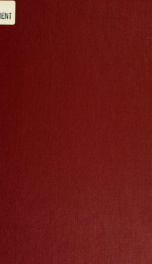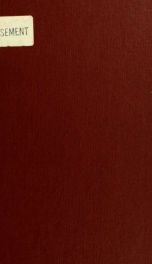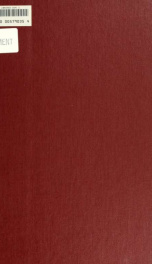An inverse-optimization-based auction mechanism to support a multi-attribute RFQ process

We consider a manufacturer who uses a reverse, or procurement, auction to determine which supplier will be awarded a contract. Each bid consists of a price and a set of non price attributes (e.g., quality, lead time). The manufacturer is assumed to know the parametric form of the suppliers' cost functions (in terms of the non price attributes), but has no prior information on the parameter values. We construct a multi round open ascending auction mechanism, where the manufacturer announces a slightly different scoring rule (i.e., a function that ranks the bids in terms of the price and non price attributes) in each round. Via inverse optimization, the manufacturer uses the bids from the first several rounds to learn the suppliers' cost functions, and then in the final round chooses a scoring rule that attempts to maximize his own utility. Under the assumption that suppliers submit their myopic best response bids in the last round, and do not distort their bids in the earlier rounds (i.e., they choose their minimum cost bid to achieve any given score), our mechanism indeed maximizes the manufacturer's utility within the open ascending format. We also discuss several enhancements that improve the robustness of our mechanism with respect to the model's informational and behavioral assumptions. Keywords: multi-attribute auction, inverse optimization Includes bibliographical references (leaves 32-34) We consider a manufacturer who uses a reverse, or procurement, auction to determine which supplier will be awarded a contract. Each bid consists of a price and a set of non price attributes (e.g., quality, lead time). The manufacturer is assumed to know the parametric form of the suppliers' cost functions (in terms of the non price attributes), but has no prior information on the parameter values. We construct a multi round open ascending auction mechanism, where the manufacturer announces a slightly different scoring rule (i.e., a function that ranks the bids in terms of the price and non price attributes) in each round. Via inverse optimization, the manufacturer uses the bids from the first several rounds to learn the suppliers' cost functions, and then in the final round chooses a scoring rule that attempts to maximize his own utility. Under the assumption that suppliers submit their myopic best response bids in the last round, and do not distort their bids in the earlier rounds (i.e., they choose their minimum cost bid to achieve any given score), our mechanism indeed maximizes the manufacturer's utility within the open ascending format. We also discuss several enhancements that improve the robustness of our mechanism with respect to the model's informational and behavioral assumptions. Keywords: multi-attribute auction, inverse optimization
Info about the book
Author:
Series:
Unknown
ISBN:
1599046369
Rating:
5/5 (2)Your rating:
0/5
Languge:
English
Users who have this book
Users who want this book
What readers are saying
What do you think? Write your own comment on this book!
write a commentif you like An inverse-optimization-based auction mechanism to support a multi-attribute RFQ process try:
Other books by this author
Do you want to exchange books? It’s EASY!
Get registered and find other users who want to give their favourite books to good hands!





















